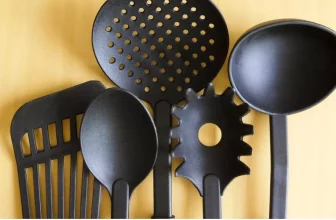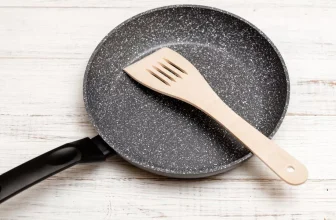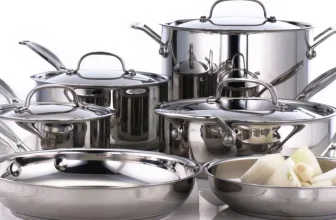
If you've ever wondered whether investing in cast iron cookware is truly worth it, the answer might surprise you. The debate around its value goes beyond mere cooking utensils into a realm of culinary craftsmanship. Before you make a decision, consider the various aspects that make cast iron cookware stand out among the rest in the kitchen. The benefits and drawbacks might just change your perspective on this age-old kitchen essential.
Benefits of Cast Iron Cookware
If you enjoy versatile and durable kitchen tools, cast iron cookware is a wise investment. Not only does it offer excellent heat retention and distribution, but it also enhances the flavor of your dishes. Cast iron cookware is incredibly versatile, allowing you to use it for frying, baking, searing, and even roasting. Its durability means it can last for generations with proper care, making it a cost-effective choice in the long run.
One of the main benefits of cast iron cookware is its ability to achieve high cooking temperatures, making it ideal for searing meats and achieving a perfect crust on dishes like cornbread or frittatas. The natural non-stick properties of a well-seasoned cast iron pan also make cooking and cleaning easier. Additionally, cooking with cast iron can add a small amount of iron to your diet, which is beneficial for those who may have iron deficiencies. Overall, the benefits of cast iron cookware make it a valuable addition to any kitchen.
Drawbacks of Cast Iron Cookware
Despite its many benefits, cast iron cookware does have some drawbacks to consider. One significant drawback is its weight. Cast iron is much heavier than other types of cookware, making it less ideal for those who've difficulty lifting or maneuvering heavy objects. Additionally, cast iron requires special care to maintain its seasoning and prevent rusting. It shouldn't be washed with soap or put in the dishwasher, which can be inconvenient for those used to modern cookware cleaning methods.
Another drawback of cast iron cookware is its tendency to heat and cool slowly. This can be a disadvantage when you need precise temperature control for certain dishes. Cast iron also has a slower and less even heat distribution compared to some other materials, which may result in hot spots and uneven cooking if not properly preheated. Additionally, acidic foods can react with the iron, leading to a metallic taste in your dishes. These drawbacks should be considered when deciding if cast iron cookware is the right choice for your cooking needs.
Cost Analysis of Cast Iron Vs. Other Cookware
When comparing the cost of cast iron cookware to other types of cookware, it's important to consider both the initial investment and long-term value. Cast iron cookware may seem pricier upfront than alternatives like non-stick or stainless steel pans. However, its durability and longevity often make it a cost-effective choice in the long run. While a high-quality non-stick pan may need replacement every few years due to wear and tear, a well-maintained cast iron skillet can last a lifetime and even be passed down through generations.
Additionally, the versatility of cast iron cookware adds to its overall value. It can be used on the stovetop, in the oven, or even over a campfire, reducing the need for multiple specialized pieces of cookware. This multi-functionality can save you money by eliminating the necessity to purchase separate pots and pans for different cooking methods. When considering the cost of cast iron versus other cookware options, it's essential to factor in not just the initial price tag but also the durability and versatility that cast iron brings to your kitchen.
Tips for Maintaining Cast Iron Cookware
To ensure the longevity and performance of your cast iron cookware, regularly season it with a thin layer of oil after each use. This process helps maintain the non-stick surface and prevents rusting. After cleaning your cast iron cookware with warm water and a gentle scrub, ensure it's completely dry before applying a thin coat of oil. Use a cloth or paper towel to spread the oil evenly across all surfaces, including the bottom and handle.
Avoid using soap or harsh detergents when cleaning your cast iron cookware, as they can strip away the seasoning. Instead, opt for a gentle scrubbing pad or brush. If food residue is stubborn, try boiling water in the cookware to loosen it before scrubbing.
Store your cast iron cookware in a dry place to prevent moisture from causing rust. Consider placing a paper towel or cloth between nested pans to provide cushioning and absorb any excess moisture. By following these maintenance tips, you can enjoy the benefits of your cast iron cookware for years to come.




